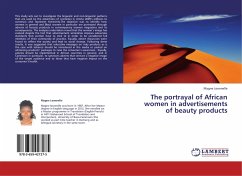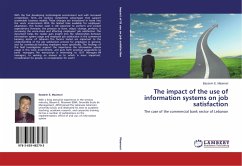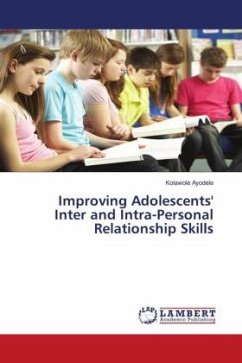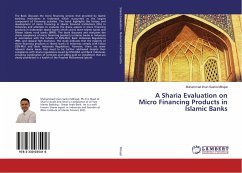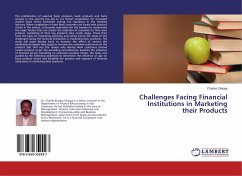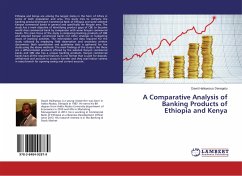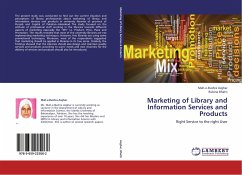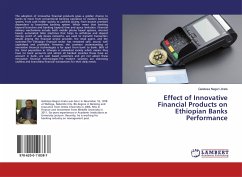This study sets out to investigate the linguistic and non-linguistic patterns that are used by the advertisers of cosmetics in Amina 2009's editions to construct and represent femininity.The objective was to identify how women in general and Black women in particular are portrayed through adverts of beauty products in contemporary women magazines and its consequences. The analyses undertaken reveal that the woman's image has evolved despite the fact that advertisement sometimes imposes subversive standards that women have to stick to in order to be considered full members of their community of practice. Equally, advert discourses were found to reflect the society and lead to social change. Following these results, it was suggested that educative messages on risky products as is the case with tobacco should be introduced in the media or pasted on whitening products' packages to raise the consumer's awareness.. Equally, policies should be implemented in African countries in general, and in Cameroon in particular, to sanctions adverts that venture a negative image of the target audience and to those that have negative impact on the consumer's health.
Bitte wählen Sie Ihr Anliegen aus.
Rechnungen
Retourenschein anfordern
Bestellstatus
Storno

